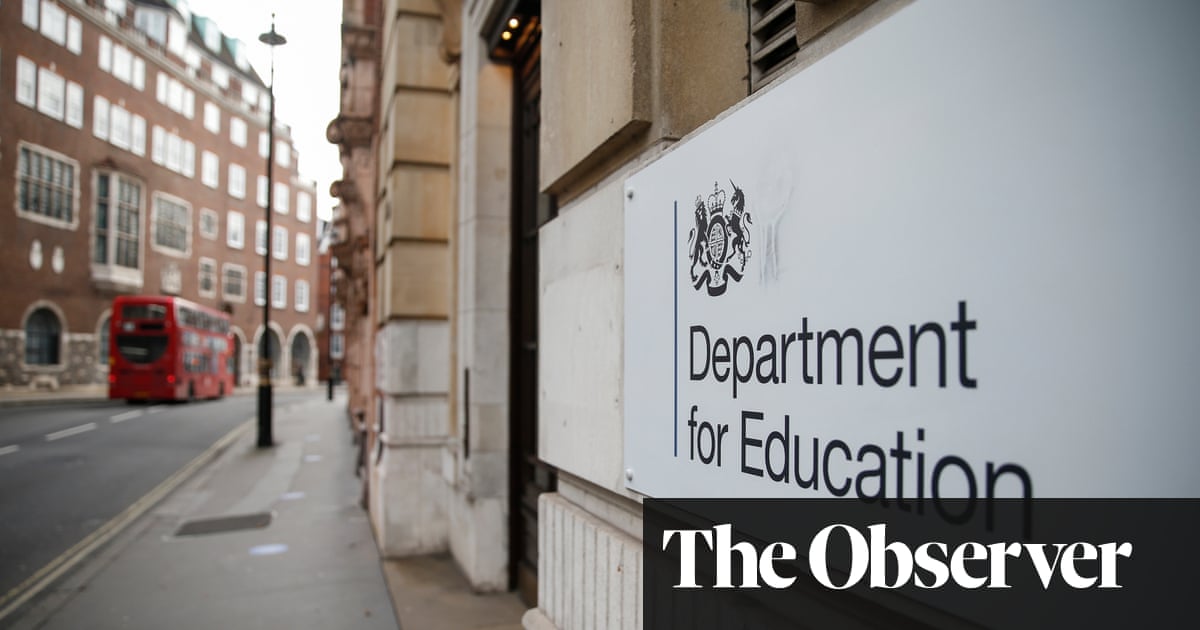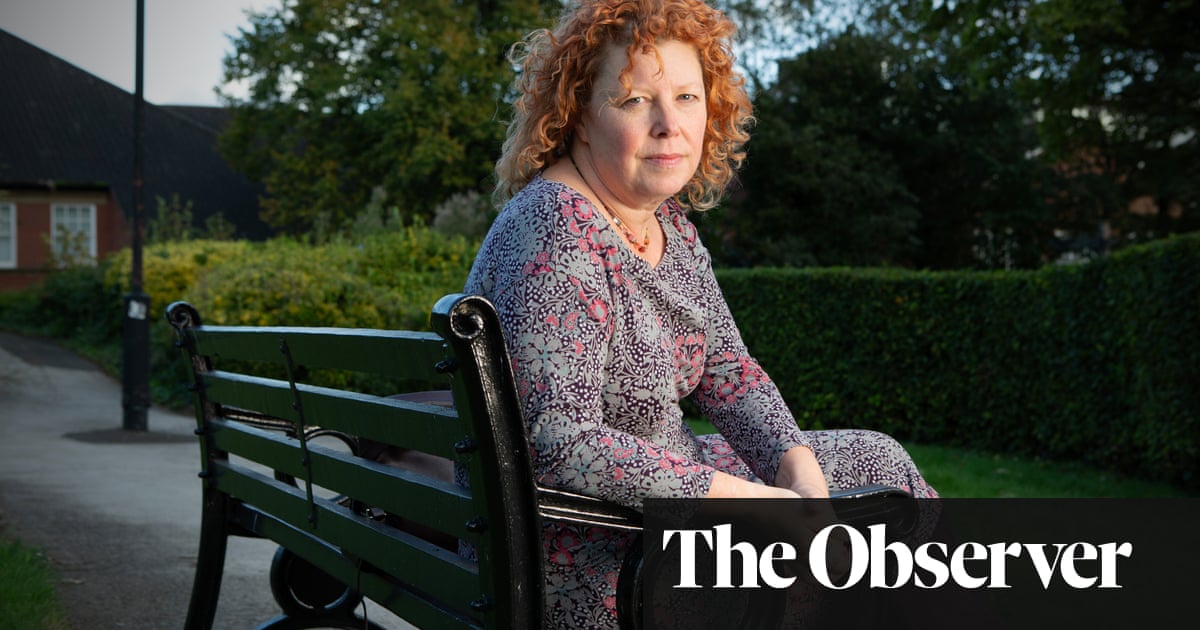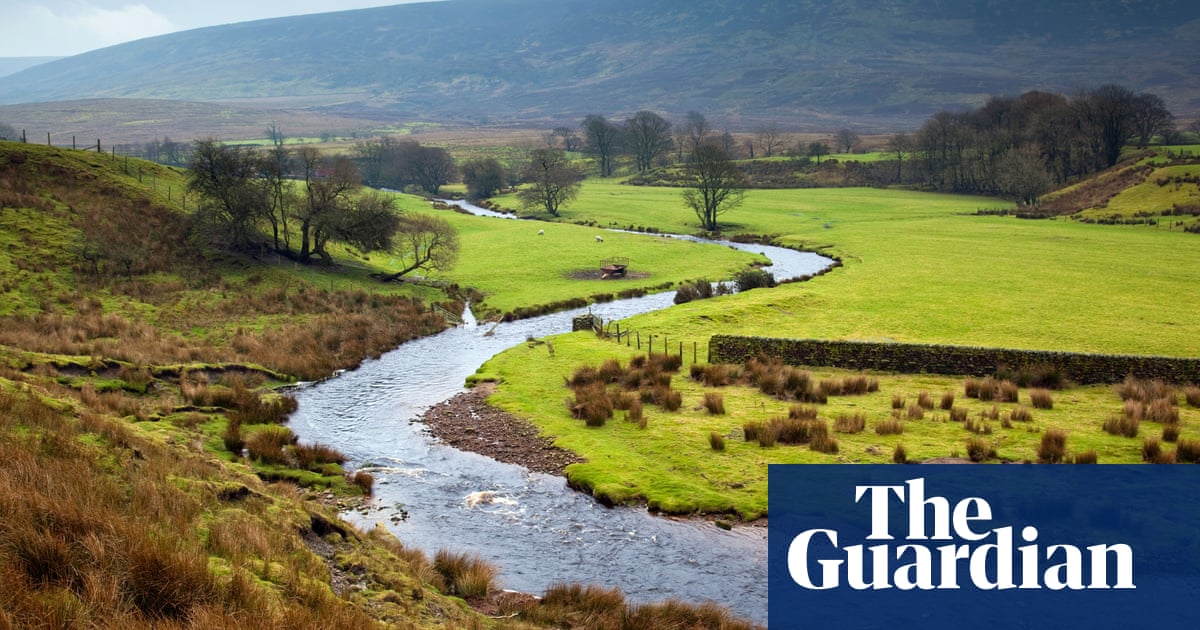
Fifteen government departments have been monitoring the social media activity of potential critics and compiling “secret files” in order to block them from speaking at public events, the Observer can reveal.
Under the guidelines issued in each department, including the departments of health, culture, media and sport, and environment, food and rural affairs, officials are advised to check experts’ Twitter, Facebook, Instagram and LinkedIn accounts. They are also told to conduct Google searches on those individuals, using specific terms such as “criticism of government or prime minister”.
The guidelines are designed to prevent anyone who has criticised the government in the previous three to five years from speaking at government-organised conferences and other events.
In September, the Observer revealed how three early-childhood education experts discovered that the Department for Education tried to cancel invitations for them to speak at government-funded events because they were judged to have been critical of government policy. Many more education experts and school staff have since uncovered files of their critical social media posts held by the department.
However, it has now become clear that the practice is widespread across government and is probably targeting large numbers of individuals. The scale of the monitoring was uncovered by human rights experts at law firm Leigh Day and shared with the Observer.
The revelations will be hugely embarrassing for a Conservative party that regularly claims to champion free speech and has slammed universities for allowing students to “no platform” experts with whom they disagree.
Tessa Gregory, partner at Leigh Day, who is pursuing legal action against the government on behalf of at least two experts, said: “This is likely to have impacted large numbers of individuals, many of whom won’t know civil servants hold secret files on them. Such practices are extremely dangerous.”
Gregory maintains that these hidden checks are unlawful, running contrary to data protection laws and potentially breaching equality and human rights legislation.
Dan Kaszeta, a chemical weapons expert, was disinvited in April from giving a keynote speech at a UK defence conference after officials found social media posts criticising Tory ministers and government immigration policy. He told the Observer this weekend that he knows of 12 others who have uncovered evidence of similar government blacklisting, most of whom are frightened of speaking out. But he said far more will be unaware they ever failed secret vetting.
He said: “The full extent of this is shocking and probably not fully known. I was lucky enough to be given clearcut, obvious evidence. It’s truly awful.”
Kaszeta hired Leigh Day to take the government to judicial review, prompting the disclosure of evidence on its surveillance policies, and finally a confirmation in August that 15 departments had withdrawn these guidelines pending a Cabinet Office review. He received a public apology in July.
“I don’t have a duty of impartiality. Nor should I,” Kaszeta added. “Trying to extend the civil service code to me because I was merely going to talk to an audience with a handful of civil servants is utterly wrong. I’m not a revolutionary Trotskyite.”
The Observer has seen details of the monitoring guidelines used in several government departments.
Defra, DCMS and the Department for Business and Trade all stated that as well as searching social media, officials should do a background check on Google, and useful search terms would include “criticism of government or prime minister”.
DCMS recommended viewing “a minimum of five to 10 pages of results” covering a period of three to five years. It explicitly told officials to keep a file on the individual, saying: “Make sure you record this information for future reference.”
DfE had specific guidance for vetting speakers at its stronger practice hubs – a network for nursery staff across England. This states that if someone has criticised the DfE or its early years policies, “engaging this person to speak … is unlikely to be appropriate”. If a person has commented favourably on someone else’s negative post they are also “inappropriate to speak”.
The DfE’s departmental guidance, seen by the Observer, recommended a Google search on proposed external speakers going back five years as well as social media checks. But in response to an FoI request from the campaign group Privacy International last year, the DfE said three times that it “does not conduct monitoring, investigations or intelligence gathering on members of the public”.
Caroline Wilson Palow, legal director at Privacy International, which has been investigating social media monitoring by the government for many months, said: “If the government is blacklisting people for using their right to free expression in a very valid way then that is very dangerous.”
She added: “Making a concerted effort to search for negative information in this way is directed surveillance.”
Lib Dem peer Lord Wallace of Saltaire, who convened a debate in the Lords on government social media vetting after Kaszeta’s blacklisting, said: “It is a horrifying notion that only people who agree with you should be involved in policy discussions.”
He added that vetting experts was “the opposite of diversity and inclusion” and a “huge waste of civil servants’ time”.
Jonathan Wolff, the Alfred Landecker professor of values and public policy at the University of Oxford, said: “It’s a sign of weakness to refuse to engage with challenge. And it’s an even greater display of fragility, or petulance, or both, to refuse to listen to people on one issue because they’ve criticised you on another.”
Smita Jamdar, partner at law firm Shakespeare Martineau who has been advising universities on how not to fall foul of the government’s new higher education “free speech tsar”, said: “The double standards here are astonishing.”
A spokesperson for the Cabinet Office said: “As the public would expect, civil service events must reflect the civil service’s impartiality.”
He added: “The government is committed to protecting free speech. We are reviewing the guidance and have temporarily withdrawn it to prevent any misinterpretation of the rules.”












